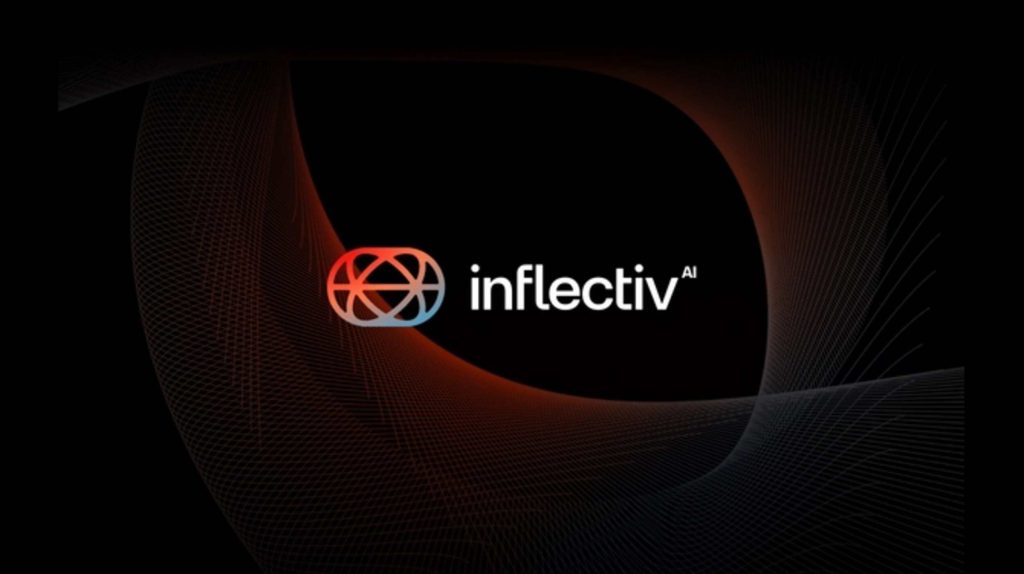In today’s fast-changing digital world, knowledge is power. Businesses, governments, and individuals make decisions every day that depend on the quality of information they have at hand. Yet, the challenge of our time is not accessing information—it is trusting it. False data, fragmented insights, and unreliable sources often stand in the way of progress. Inflectiv AI has emerged as a solution to this pressing problem, aiming to build a global system where knowledge is validated, tokenized, and accessible to everyone who needs it.
Inflectiv represents more than just another platform. It is a blueprint for a knowledge-driven economy where information is not only reliable but also valued fairly. This article explores how Inflectiv AI is reshaping the way we interact with data, what industries can gain from it, and why it matters in shaping the future of digital innovation.
The Growing Problem of Misinformation
Information overload has become the reality of the digital age. Every minute, millions of new posts, reports, and datasets are created. However, the speed at which information spreads often outpaces the ability to confirm its accuracy. Misinformation creates confusion, erodes trust, and can even cause real harm when relied upon for decision-making.
For example, in finance, a single piece of misleading news can influence stock prices dramatically. In healthcare, inaccurate medical information may result in poor patient outcomes. In politics and social debates, misinformation polarizes communities and undermines trust in institutions. This widespread issue shows why validation and accountability are essential in managing knowledge.
Inflectiv AI directly addresses this by creating a framework that prioritizes trust. It ensures that the knowledge circulating in its ecosystem has been checked, validated, and structured for reliable use.
What Makes Inflectiv Different
Traditional data systems often focus only on collecting and storing information. While storage is important, it does not solve the core problem of reliability. Inflectiv adds an entirely new dimension by introducing three pillars: structuring, validation, and tokenization.
- Structuring means organizing knowledge so it can be easily accessed and applied across industries.
- Validation ensures accuracy, using advanced artificial intelligence to confirm that information is trustworthy.
- Tokenization links knowledge to ownership, giving contributors recognition and fair value for their input.
This three-part system turns information into a real asset. Knowledge is no longer something that floats around unchecked; it becomes accountable, trackable, and rewarding to those who create and share it.
Why Tokenization of Knowledge Matters
For decades, individuals and researchers have contributed valuable knowledge without proper recognition. From academic discoveries to business insights, much of this information has been underappreciated or even misused. Inflectiv AI introduces tokenization as a way to solve this imbalance.
When knowledge is tokenized, it becomes a digital asset with ownership attached. Contributors can track how their knowledge is used, receive credit, and potentially earn rewards. This model builds a fairer system where the value of information flows back to its source. Tokenization encourages more people to share insights, knowing their contributions will be recognized.
Real-World Applications of Inflectiv AI
The impact of Inflectiv reaches far beyond theory. Its framework has practical uses across a wide range of industries:
Healthcare
Doctors, researchers, and hospitals rely on accurate data to save lives. Inflectiv AI structures and validates medical knowledge so healthcare professionals can trust the information they use for treatment, research, and innovation.
Finance
Financial markets are highly sensitive to information. Inflectiv reduces risk by ensuring that organizations can depend on validated knowledge for forecasting, compliance, and investment strategies.
Education and Research
Researchers often struggle with recognition for their work, especially when it is misused or copied. Tokenization ensures that academic contributions are tracked and rewarded, building stronger reputations for contributors.
Technology and Artificial Intelligence
AI systems require high-quality training data. By providing validated knowledge, Inflectiv ensures that AI models are accurate, less biased, and more reliable in their outcomes.
Government and Policy Making
Effective policy depends on trusted information. Inflectiv helps governments access validated insights that improve decision-making in areas like sustainability, infrastructure, and social services.
Building a Knowledge Economy
The long-term vision of Inflectiv AI is to create what can be called the knowledge economy. Unlike traditional economies that focus on physical resources or digital services, the knowledge economy values information itself as an asset. This economy functions on trust, recognition, and fairness.
Within this system, collaboration becomes easier because organizations know that the insights they are sharing and receiving are validated. Individuals are motivated to contribute because they know they will be recognized. The result is an economy where knowledge flows more freely, innovation accelerates, and fairness is built into the system.
The Role of Trust in Digital Progress
Trust is often underestimated, yet it is the foundation of progress in every digital system. Without trust, businesses hesitate to adopt new technologies. Without trust, healthcare professionals cannot rely on the latest research. Without trust, governments cannot make effective policies.
Inflectiv AI is designed to make trust a default feature of knowledge. By ensuring that all contributions are validated and tokenized, the platform builds confidence into the very structure of the digital economy. Trust becomes not just a goal, but a built-in mechanism.
The Future Shaped by Inflectiv
Looking ahead, Inflectiv has the potential to redefine how society approaches knowledge. The current digital landscape is filled with noise, misinformation, and undervalued insights. With Inflectiv AI, that landscape shifts into one where accuracy, ownership, and fairness define the flow of information.
As more organizations adopt this model, industries will move faster, collaboration will increase, and individuals will finally be rewarded for the knowledge they provide. The future will no longer treat knowledge as scattered fragments but as structured assets that power innovation and growth.
Conclusion
Inflectiv AI represents a breakthrough in how humanity treats knowledge. By structuring, validating, and tokenizing information, it creates a system where data is not only accurate but also valuable and rewarding to its contributors. Inflectiv solves the challenges of misinformation, builds trust into the foundation of the digital economy, and lays the groundwork for a future where knowledge is treated as the most important resource of all.
In a world struggling with unreliable data and fragmented information, Inflectiv offers a clear and transformative path forward. It is not just building tools—it is building a new knowledge economy.



